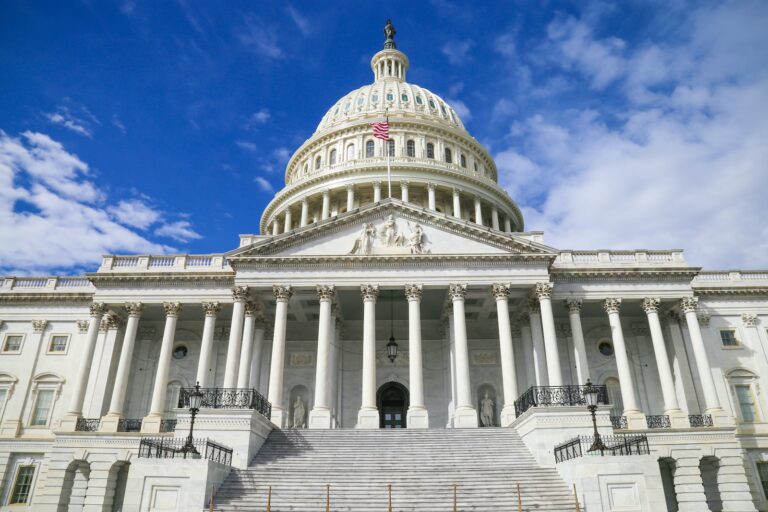September has been a big month for education on Capitol Hill, with multiple House committees advancing significant legislation on everything from hazing and parental rights to artificial intelligence in education. [Politico Pro, subscription model; Axios, subscription model]
The big picture: The House Education and Workforce Committee approved bills addressing hazing prevention, gender identity policies in schools, and child sexual abuse awareness. Meanwhile, the House Ways and Means Committee advanced a school choice tax bill backed by former Education Secretary Betsy DeVos, and the House Science Committee approved three AI education bills with bipartisan support.
- Hazing Prevention: The Stop Campus Hazing Act advanced in a 28-2 vote, marking a breakthrough for advocates who have pushed for federal hazing legislation for several years. The bill would require colleges to report hazing incidents in their annual security reports, implement prevention programs, and make policies and histories of hazing public. [Inside Higher Ed]
- School Choice: The Educational Choice for Children Act was approved by the House Ways and Means Committee in a 23-16 vote. The bill would provide $10 billion in annual tax credits for donations to organizations that give scholarships to students attending private schools or other educational options.
- Gender Identity in Schools: In a party-line 22-12 vote, the committee advanced the PROTECT Kids Act, which would require parental consent for students to change their gender identity or pronouns in K-12 schools that receive federal funding. The bill would also require parental approval for students to access bathrooms, locker rooms, and other sex-based accommodations that align with their gender identity.
- Child Sexual Abuse Prevention: In a unanimous 33-0 vote, the committee approved a bill to bolster training programs for teachers and staff on recognizing and preventing child sexual abuse. The legislation authorizes federal grants to support these initiatives in K-12 schools, providing critical resources for early detection and intervention.
- AI Education: The House Science Committee advanced three bipartisan AI-related bills designed to enhance AI literacy and education at all levels.
- The NSF AI Education Act would establish “Centers of AI Excellence” at community colleges to promote AI applications in fields like manufacturing and agriculture.
- The Expanding AI Voices Act encourages more institutions—especially those that traditionally receive fewer research dollars—to engage in AI research and development.
- The LIFT AI Act focuses on improving AI education in K-12 schools, providing grants to develop curricula that integrate AI into classrooms.
What’s next: These bills now move to the House floor for further debate and votes. While the hazing prevention and AI bills have broad bipartisan support, the school choice and gender identity bills may face more divisive battles in the Senate.



